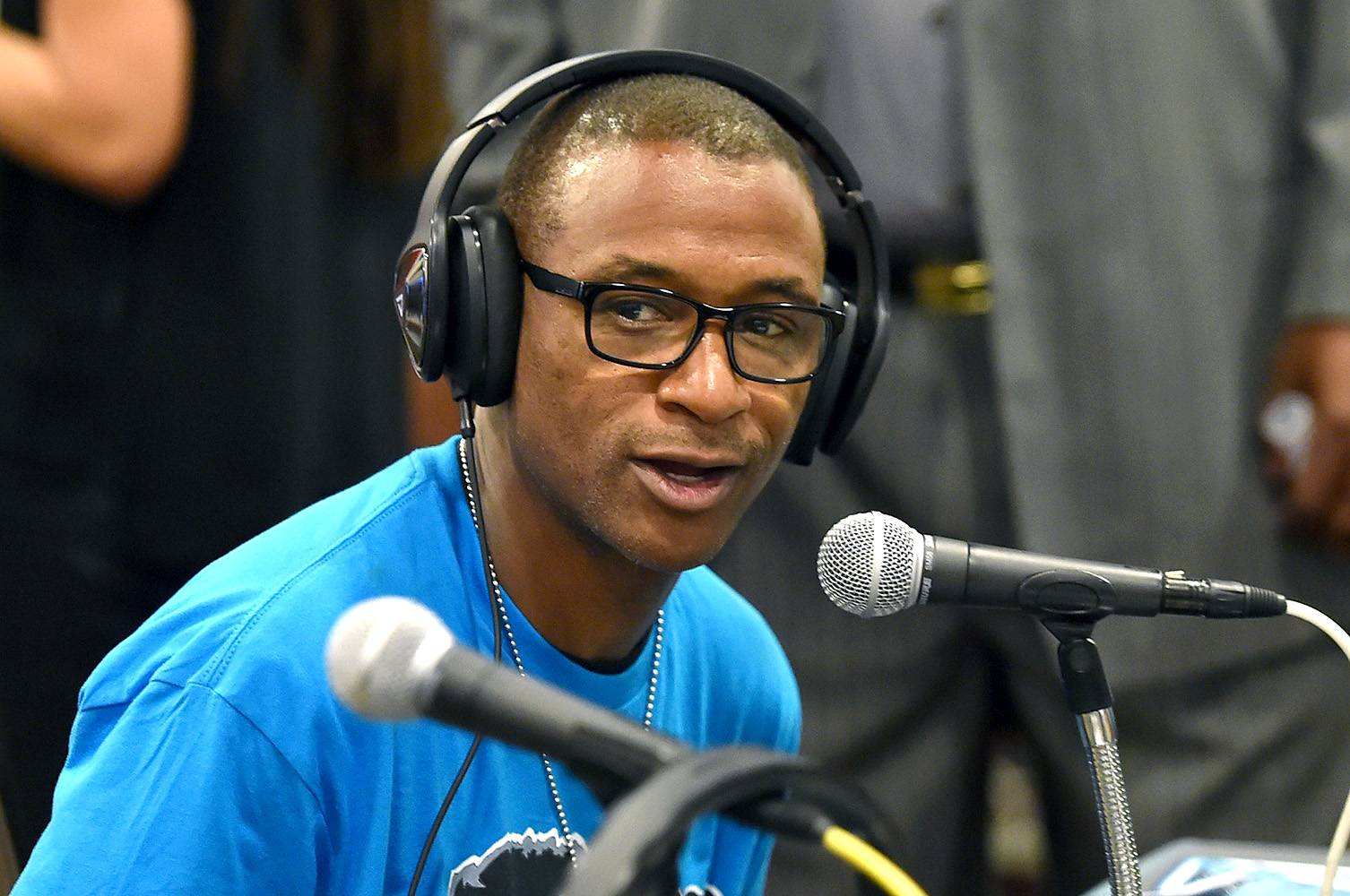Sectarian Divisions Haunt Central Nigerian City
JOS, Nigeria, Feb 17 (Reuters) - An outsider crossing the dried-up gulley between two neighbourhoods in this central Nigerian city might not notice he had stepped over one of its increasingly tense sectarian dividing lines.
On both sides, stallholders sell freshly slaughtered meat and tropical fruit under umbrellas. Motorcycle taxis weave in and out of the traffic. Soldiers with AK-47s on the street corners are the only outward sign all is not well.
No Christians come here because they are scared. We used to have Christians running stalls here but now there is no trust," said Umar, a Muslim, from behind a pile of mangoes and pineapples.
It is a sentiment mirrored on the other side of the gulley.
I don't want Muslims in my market," said Victor, the Christian owner of a meat stall five minutes away.
Perched on a plateau in Nigeria's "Middle Belt", where the Muslim north meets the largely Christian south, Jos's temperate climate and lush vegetation long made it a weekend retreat for Nigerians looking to escape the heat and hustle of other cities.
But the colonial-style villas dotting the surrounding hills lie largely empty. The dusty streets of the city centre, lined with market stalls and strewn with rubbish, are shared by military patrols and nervous crowds who discuss rumours of the latest violence, now almost a daily occurrence.
More than 200 people have been killed in sectarian violence in and around Jos since a series of bombs shattered Christmas Eve celebrations almost two months ago.
In the latest attack on Tuesday, a butcher stabbed a policeman to death as he tried to buy meat for a Muslim festival, triggering clashes in which another 10 people died.
The bloodletting is not rooted in religious fervour, but in rivalry between mostly Christian ethnic groups who can trace their ancestry in the region back several generations -- known as indigenes -- and settlers from the Muslim north.
There used to be mutual respect but the whole place is polarised, we have places we can't go and the Christians have the same thing," said Khadijah Hawaja, a Muslim community leader who went to a Catholic school as a child.
It wasn't always like this ... I've been here all my 47 years but now I send my children to school outside of this state," she told Reuters, dressed in a headscarf and sitting in the small living room of her city-centre home.
ECONOMIC DECLINE
Thousands have been killed in clashes in the region over the past decade but the Christmas Eve bombings have unleashed a new wave of violence. Many of the killings take place in isolated villages in the hills around the city.
The economy of Plateau state, of which Jos is the capital, had relied on the fruit and vegetable it supplies to cities across Africa's most populous nation, and on tourism, after mining and manufacturing firms scaled down or moved away.
Rivalry for scant economic opportunities combined with local government policies that have actively discriminated against non-indigenes have fuelled divisions.
Jos used to be known for its tourism, people came here for holidays and weddings. It was such a beautiful place. With the violence, everyone has forgotten," said Marcel Edegar, who has moved recently from the centre to a safer Christian suburb.
It boasts two golf courses, a polo club and can even claim ex-British Prime Minister John Major as a former resident.
But many shops are now boarded up, hotels shut and huge market areas left empty and vandalised.
It has all affected the economy so badly. Markets have been burned down, people are losing their livelihood. We rely on trade but people are fearful to come out and trade," said Dauda Lamba, special media assistant to the Plateau state governor.
Muslim groups complain of under-representation in local politics, saying it is dominated by indigenes. Christians argue the same is true across Nigeria and they should not be expected to give up their rights.
But religious and ethnic identity overlap in Jos, as elsewhere in Nigeria. Attacks are usually angry acts of retribution carried out by youths frustrated at a lack of jobs and opportunities, rather than acts of religious hatred.
For some this gives hope that Plateau -- dubbed "the state of peace and tourism" on its car licence plates -- can regain its former status as a haven of calm in a boisterous nation.
You wouldn't believe it would you? But we know what it can be like when Muslims and Christians were all working together before. We must all be willing to compromise and forgive the past and we can bring back what we remember," Hawaja said. (Additional reporting by Shuaibu Mohammed; Editing by Nick Tattersall)





